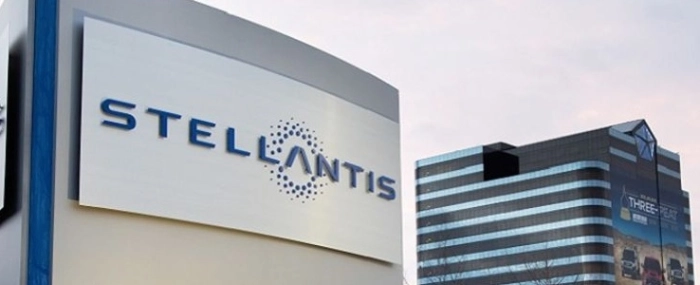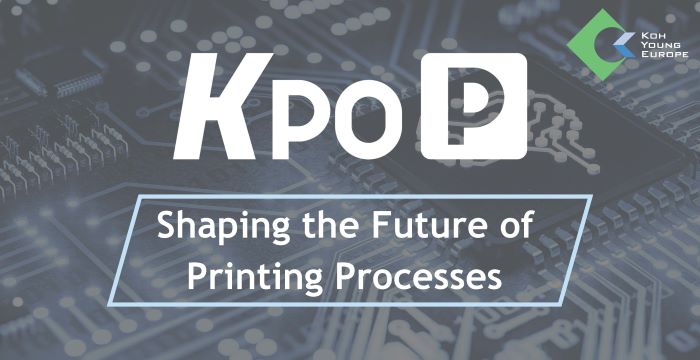
Stellantis, Factorial advance solid-state battery tech
US firm Factorial Energy’s validated 77Ah FEST cells demonstrated an energy density of 375Wh/kg with over 600 cycles progressing towards automotive qualification, a milestone for large-format lithium-metal solid-state battery.
Automaker Stellantis and US-based Factorial Energy have announced the successful validation of Factorial’s automotive-sized FEST (Factorial Electrolyte System Technology) solid-state battery cells. This achievement marks a significant step forward on the path to bringing next-generation electric vehicle (EV) batteries to market, according to a media release.
“Reaching this level of performance reflects the strengths of our collaboration with Factorial,” said Ned Curic, Stellantis Chief Engineering and Technology Officer. “This breakthrough puts us at the forefront of the solid-state revolution, but we are not stopping there. We continue working together to push the boundaries and deliver even more advanced solutions, bringing us closer to lighter, more efficient batteries that reduce costs for our customers.”
Unlike conventional lithium-ion batteries, solid-state batteries offer higher energy density and faster charging. The validated 77Ah FEST cells demonstrated an energy density of 375Wh/kg with over 600 cycles progressing towards automotive qualification, a milestone for large-format lithium-metal solid-state battery. The cells enable a significant reduction in charging time, from 15% to over 90% charge in just 18 minutes at room temperature. Additionally, the cells deliver high power output with discharge rates up to 4C, supporting greater performance demands in electric vehicles.
Factorial’s scientific engineering and AI-driven tools developed the latest electrolyte formulation that allows the battery to perform in temperatures ranging from -30°C to 45°C (-22°F to 113°F). This surpasses previous solid-state limitations and opens the possibility for better performances across various climates, the media release said.
“Battery development is about compromise. While optimizing one feature is simple, balancing high energy density, cycle life, fast charging, and safety in an automotive-sized battery with OEM validation is a breakthrough,” said Siyu Huang, CEO of Factorial Energy. “This achievement with Stellantis is bringing next-generation battery technology from research to reality.”
Building on Stellantis’ USD 75 million investment in Factorial Energy in 2021, this milestone strengthens the strategic collaboration between the two companies, the media release said.


